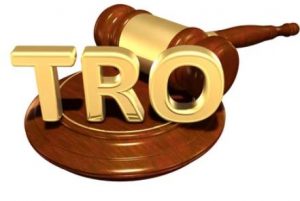By Kirsten McCaw Grossman
As competition for labor heats up, we have seen an uptick in the number of restrictive covenant enforcement actions, as well as interest by employers in pursuing suspected theft of confidential and proprietary information by employees that leave to join new employers. However, the legal requirements to obtain temporary injunctive relief in court have not changed, and a recent California case filed by Tesla highlights the need by employers to choose their cases carefully. Tesla Inc. v. Yatskov, No. 3:22-cv-02725 (N.D. Ca. May 16, 2022).
In mid-May, a California federal judge rebuffed Tesla’s request to enter a Temporary Restraining Order (TRO) against a former employee it accused of stealing trade secrets relating to its “Project Dojo” supercomputer technology. Obtaining a TRO in any California court is challenging due to California Business and Professions Code Section 16600, which generally invalidates non-competition and non-solicitation agreements. However, California law does protect employer trade secrets through CUTSA, the California Uniform Trade Secrets Act.
On May 6, 2022, Tesla sued its former employee, claiming he stole Tesla’s trade secrets by downloading confidential and proprietary information onto his personal laptop. Tesla also requested a TRO prohibiting the employee from disseminating the allegedly stolen information to competitors and requiring the employee to assure the Court that he was not in possession of the stolen information. Tesla claimed during the hearing that the employee had been deceitful during his employment.
Notwithstanding the limited nature of the relief requested, U.S. District Judge James Donato rejected the TRO bid, stating that Tesla had failed to support its claims against the employee with actual evidence. Judge Donato commented: “I’m not going to bank on vague representations of people being deceitful . . .” However, Judge Donato ordered discovery, including depositions and the forensic inspection of the employee’s personal laptop. Often judges will overlook an apparent lack of evidence if relief sought by a TRO is limited, as was the case here. The employee’s counsel argued that the allegations alone caused the employee to lose an employment opportunity outside of Tesla. While the Judge denied the TRO, he also cautioned the employee (through counsel) not to transfer any Tesla information to any third parties. If additional evidence is uncovered during discovery, Tesla may go back to the Court and seek another TRO.
Please contact an NFC team member if you have any questions or seek further assistance.

